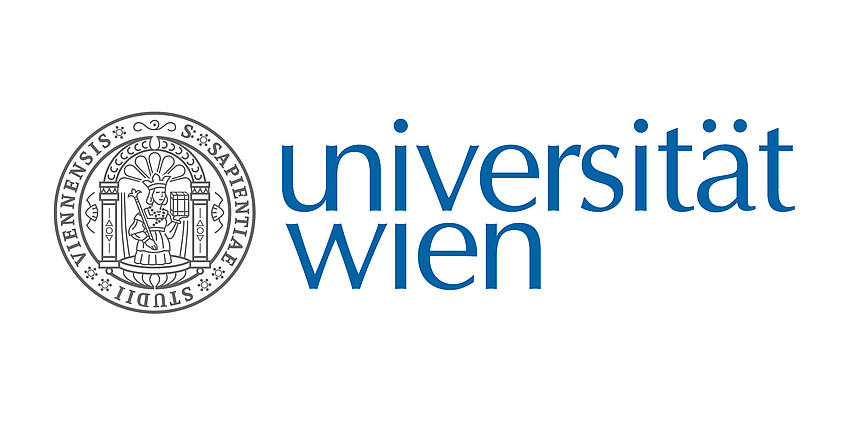GFF 2017: Realities and World Building
University of Vienna, September 20th-23rd 2017
The creation and experience of “new” worlds is a central appeal of the fantastic. From Middle Earth to variations of the Final Frontier, the fantastic provides a seemingly infinite number of fantastic “worlds” and world concepts. It develops and varies social and cultural systems, ideologies, biological and climatic conditions, cosmologies and different time periods. Its potential and self-conception between the possible and the impossible offer perspectives to nearly every field of research.
The plurality and concurrent existence of different, even contradictory concepts of reality is an established topos in cultural and social sciences. In a similar fashion, scientific narratives can simultaneously coexist with fantastic ones within the cultural network of meaning – without creating an existential antagonism between them. The reason for that is not that one of these narratives is true while the other is not, but – following Hayden White, who assumed that scientific and literary narratives have more in common than not – because both of them are fictional. If a fantastic narrative is internally consistent, it is in a Wittgensteinian sense as true as Newton’s laws. This poses an existential problem for the fantastic: if it applies to every consistent narrative, what is the defining difference between fantastic and other narratives?
In our everyday practice, however, we seem to easily distinguish the fantastic from other aspects of reality. How is that possible? How can fantastic worlds emerge within and besides other multiple world-conceptions? What are the functions of fantastic worlds in the construction of reality? In designating texts as fantastic, we explicitly assert their fictitious character. Which practices do we employ to facilitate this designation?
We call narratives fantastic that violate our common reality consensus, thus establishing their own counter-reality consensus – in other words, a different world. This is done in different ways, thereby defining fantastic genres: for example, science fiction uses key motives like objects and cultural practices (interstellar travels, wormhole-generators, etc.) for world-building that belong to a realm of conceivable future possibility. While the modern scientific reality consensus does not categorically preclude beaming, it does deny the very possibility of a demon summoning.
In order to serve as a foil to the real, the fantastic has to play an ambiguous role: key motives of its multiple worlds have to be recognizable as imaginary, but at the same time at least some of these elements have to be linked with common reality consensus. A typical strategy for achieving this ambiguity is the incorporation of cultural practices that remind us of established perceptions of history, most prominently perhaps the European Middle Ages. Thus, a perceptible distance between the narrative and the recipient’s common reality consensus gets established, while using parts of this very consensus to render the narrative comprehensible.
Wolfgang Iser considers the “fictive” to be an intentional act, and the “imaginary” the recipient’s conception of the fictionalization’s effects. World Building is part of every narrative, but as a result of variable cultural contexts, every narrative is involved in different modes of production and perception. The conference aims to emphasize and reflect these very acts of fictionalization used to build fantastic worlds – in different media, and on theoretical as well as methodological levels.
Accepted Keynotes:
Stefan Ekman (University of Gothenburg, Sweden)
Farah Mendlesohn (Anglia Ruskin University, UK)
Possible Topics:
Intermedia (and media-specific) features and indicators of fantastic worlds in film, TV, literature, (digital) games, etc.
How does the extradiegetic constitute fantastic worlds and vice versa? Social and cultural systems, ideologies, biological and climatic conditions, cosmologies, etc.
World-building methods and practices: reflections on economic and technical resources; transparent world-building (Making-ofs, exhibitions, interviews, etc.)
Construction plans: sourcebooks, world editors, Table-Tops, miniatures, dioramas, LARPs
We are of course open to further suggestions. The conference will also feature an “Open Track” for presentations beyond the scope of this CFP.
The GFF awards two stipends to students to help finance traveling costs (250 Euro each). Please indicate if you would like to be considered.
Call open till February 28th 2017: short bio & abstracts (500 words max.) to
thomas.walach@univie.ac.at
